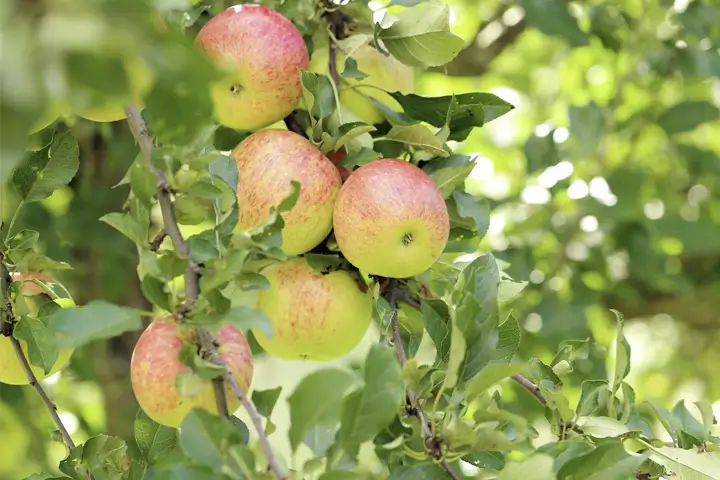
Tanzania has recently signed a Memorandum of Understanding (MoU) with the Netherlands to revolutionize its sanitary and phytosanitary certification processes in the thriving horticultural sector. Through the collaboration between the Tanzania Plant Health and Pesticide Authority (TPHPA) and the Netherlands Food and Consumer Product Safety Authority (NVWA), supported by various stakeholders, the aim is to introduce electronic systems and streamline trade for exporting horticultural products.
Transitioning to Electronic Certification
The current certification process in Tanzania heavily relies on paperwork and physical inspections conducted by qualified inspectors. Exporting horticultural products requires obtaining a phytosanitary certification from the TPHPA. However, this process is time-consuming and inefficient due to the preparation of paper phytosanitary certificates.
The MoU with the Netherlands seeks to address these challenges by providing capacity building on relevant standards and technical assistance. The Netherlands will share its experience with the transition from paper to paperless certification, highlighting the impact on business procedures in both the public and private sectors.
Benefits of E-Phytosanitary Certification
The adoption of electronic certification systems will bring significant benefits to Tanzania’s horticultural sector. By replacing the cumbersome paperwork process, the certification process will become more streamlined and efficient. Electronic certification will also enhance trade facilitation, ensuring that Tanzanian horticultural products meet international standards and can be exported more easily.
Addressing Concerns in South Africa
In the context of phytosanitary regulations, South Africa has faced challenges with new European Union (EU) rules impacting its citrus industry. The South African industry has raised concerns about the 23-day deadline for compliance, which they argue violates World Trade Organization (WTO) texts requiring a six-month review before implementing new phytosanitary measures.
The introduction of significant changes in the middle of the export season has further complicated implementation for the South African Citrus Growers Association (CGA). The industry denounces the measure as unfair, discriminatory, and lacking scientific data and technical justification. The EU’s approach is seen as hypothetical, based on potential parasite risks rather than a comprehensive assessment of circumstances and preservation of plants.
Conclusion
Tanzania’s collaboration with the Netherlands to adopt an e-phytosanitary certification system marks a significant step forward in modernizing trade processes and enhancing efficiency in the horticultural sector. By embracing electronic systems, Tanzania aims to streamline certification processes, reduce paperwork, and improve the export of horticultural products. While challenges persist in other regions, Tanzania’s partnership with the Netherlands serves as a positive example of leveraging technology to facilitate international trade and ensure compliance with sanitary and phytosanitary regulations.
Stay updated with the latest farming tips and agriculture industry news from Africa by subscribing to our newsletter. Don’t miss out on valuable insights and updates. Follow us on Twitter, LinkedIn, and Facebook to join our farming community and stay connected with us.



















